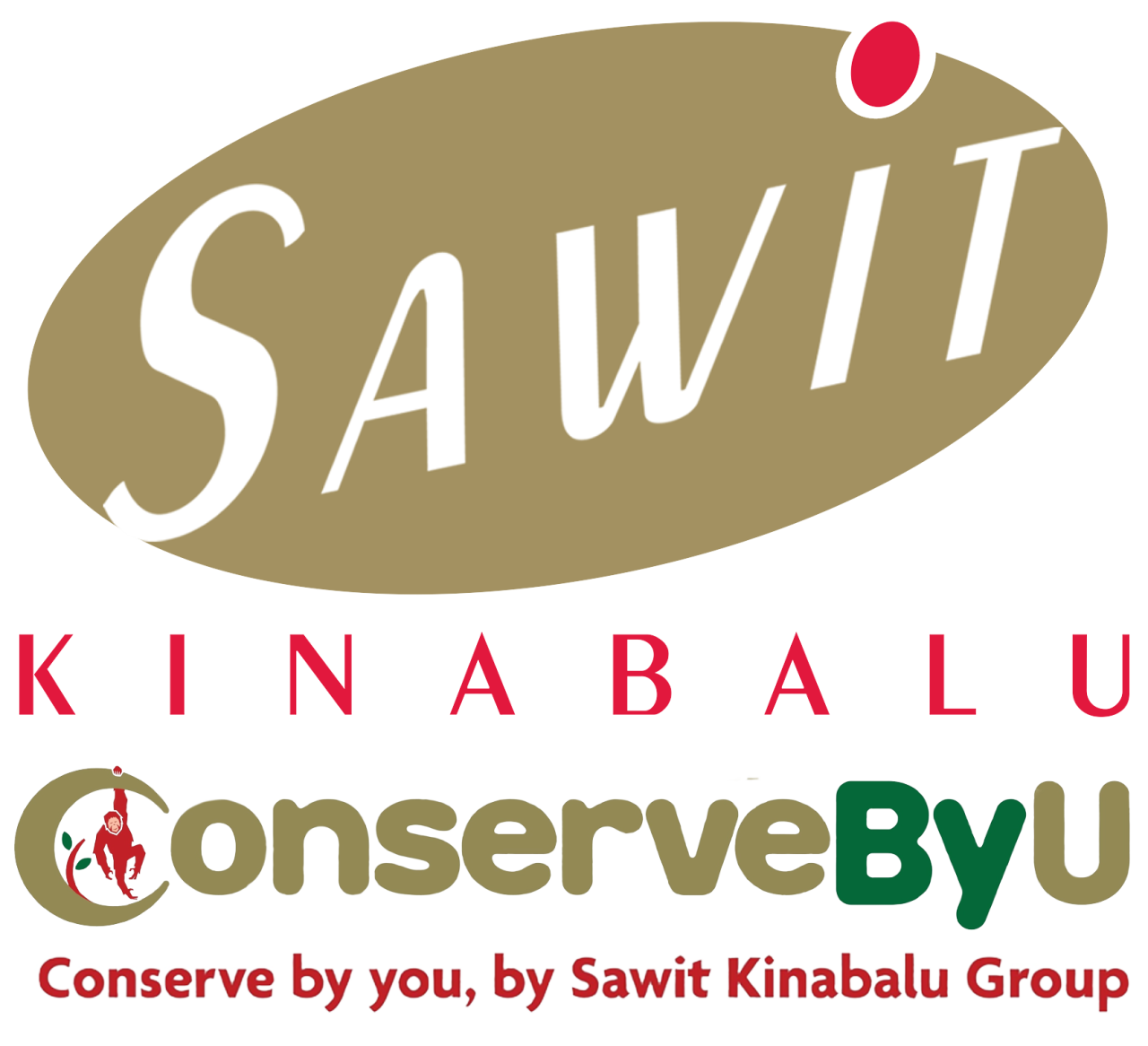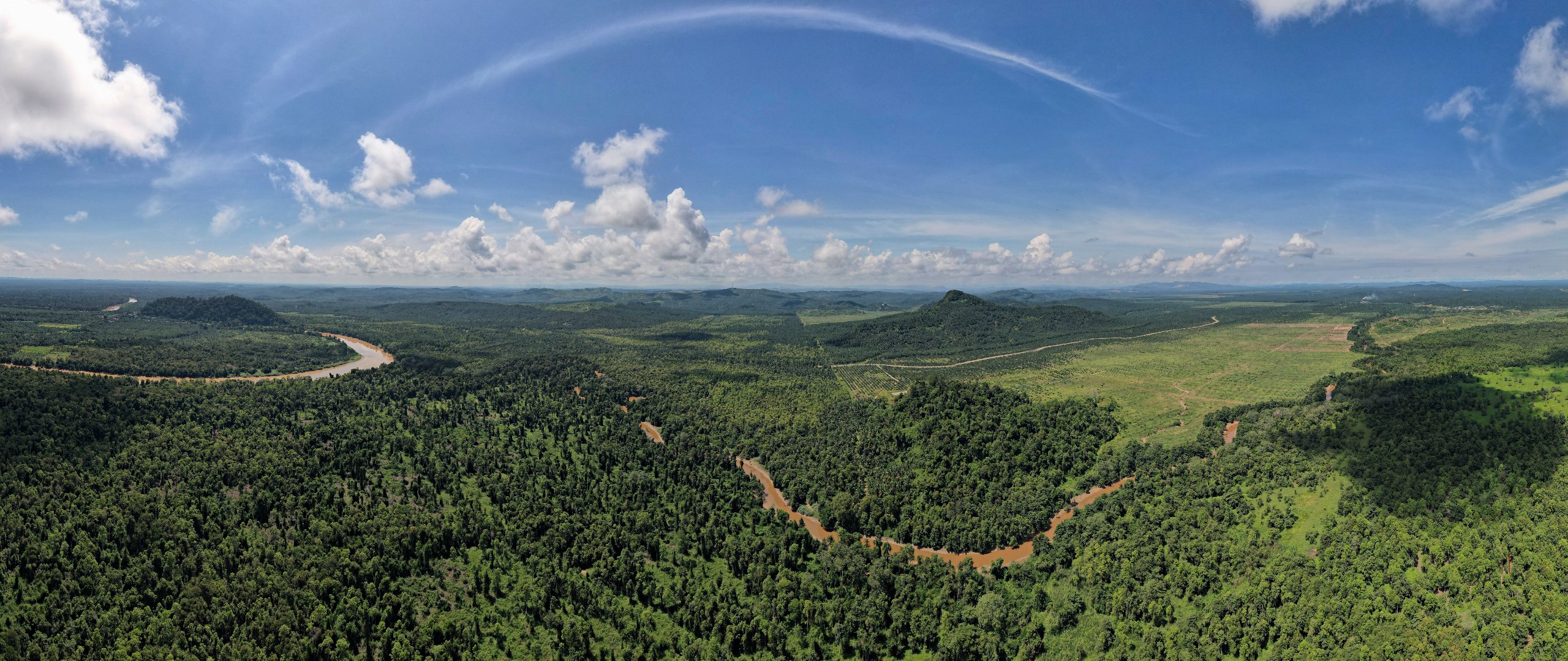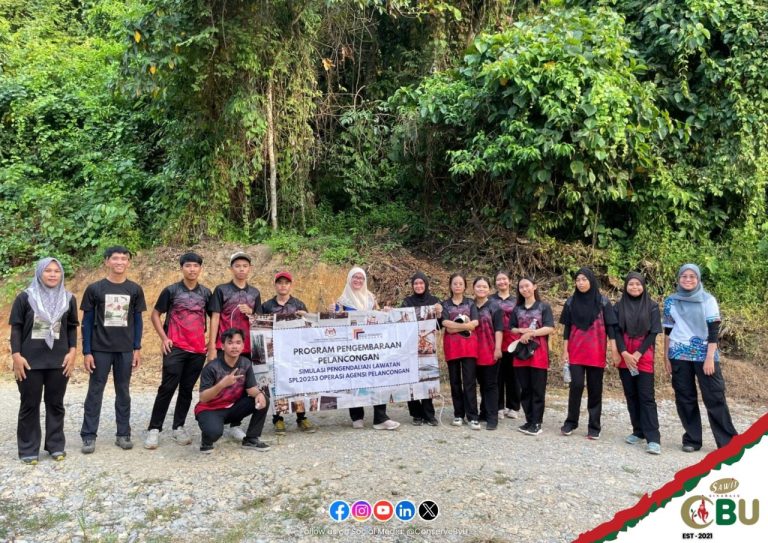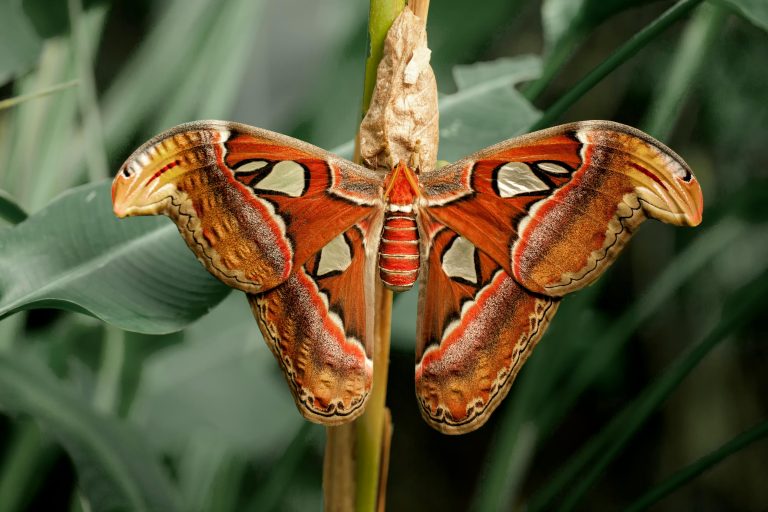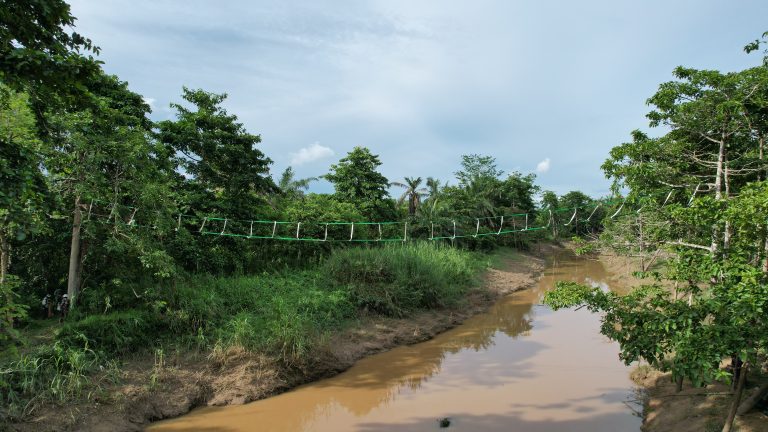Today, palm oil can be found in up to 50% of products in supermarkets. Because of its component’s adaptability, palm oil is a preferred ingredient in the production of goods ranging from food to biofuels. Palm oil is the vegetable oil crop with the largest production and is very effective. According to Benjamin Loh, the Sustainable Palm Oil Manager at WWF Malaysia, a global scenario without palm oil is unrealistic. If that is the situation, how do palm oil producers refute the claim of many EU countries on the issue of deforestation and putting a ban on palm oil as a solution to save the environment?
For Sawit Kinabalu Group, the concept of three pillars; People, Profit, and Planet (3P), were explicitly embedded in their strategy for the oil palm sustainability framework. The concept required the company to put the protection of the ecosystem above everything else. Sawit Kinabalu observes the impact of their operations on the local community. This is to ensure the livelihood of people is not negatively affected by the work done around them. The group also strives to maintain high production with low costs to attain economic viability. The 3P concept has enabled Sawit Kinabalu to sustain its high productivity while protecting the environment and benefitting the local communities.
With the United Nations pushing through to achieve the Sustainable Goal Development (SDG) by 2030, oil palm management has become a crucial issue, not only to the palm oil producers, but to most goods manufacturers, and consumers. Not to mention the lives of workers who depend on palm oil are also at stake. It is now a game of choosing between the wildlife, or our own mouth to feed. “A fifth of Sabah is now covered by a single crop, where wildlife-rich forests stood 40 years before,” says Glyn Davies, WWF-Malaysia senior advisor.
However, the Sabah government and key players are determined to work together and find a balance between the need of nature and the need of the people. Recently, the Deputy Chief Minister, Datuk Seri Jeffrey Kitingan announced that the government has set up a think tank to address environmental issues. The Borneo Institute would be crucial in setting the right mindset through quality research. The group is aimed at influencing policy change towards a more sustainable Sabah and Borneo. This is in line with Sawit Kinabalu’s effort on the conservation of land. And WWF-Malaysia’s Living Landscapes program is contributing to this by bringing together diverse stakeholders in the key landscapes of Tawau, Lower Sugut, and Tabin; testing innovative approaches, and informing the state-wide effort in the process.
The Sawit Kinabalu Group took on the challenge by outlining locations to watch out for because protecting the environment is crucial to solving the problem. The company has identified 8,782ha total conservation area, Sungai Pin in Kinabatangan being the biggest land area. Spreading around 2632 ha, Sungai Pin Conservation Area is situated in a highly sensitive ecosystem that has one of the richest biodiversity on earth.
Management of oil palms now includes increasing environmental consciousness as a core component. Numerous institutes are conducting research to identify realistic alternatives for the optimum management of palm oil plantations that can enhance both crop productivity and the environment. Maintaining only a small plot for oil palm plantation, Sawit Kinabalu decided to conserve and reforest as it is a flood-prone area. In 2017, during the International Conference on the Heart of Borneo, the group signed a Memorandum of Understanding with the Sabah Forestry Department on the establishment of the Sungai Pin Conservation Area. The collaboration aims to establish an effective conservation management plan for Sungai Pin Conservation Area that will help enhance its carbon stocks through Reducing Emissions from Deforestation and Forest Degradation (REDD+) initiatives.
As an ongoing effort, Malaysia introduced the Malaysian Sustainable Palm Oil (MSPO), a voluntary sustainability standard, and has instructed that all players in the industry meet the benchmark by 2019 in order to operate legally. Plantations to processing facilities, have to work hand in hand, in order to find solutions and compromises to ensure all entities are protected. Setting up more enhanced criteria for environmental protection and involving better social protection for workers and communities.
By understanding the need of nature around us, we will be able to conserve the community. Educating the plantation community is also a critical part of the whole process of conservation. Proper wastage management, paired with zero burn practices and integrated pest management will help to prevent soil degradation and conserve soil fertility. “It’s about taking care of people, the planet, and profit,” says Nazlan Mohamad, the sustainability manager at Sawit Kinabalu Group. Each fallen leaf is now to be disposed of in a specific manner, instead of burning the debris like it was before. Sawit Kinabalu also demonstrates environmentally friendly operating policies, such as using renewable energy where possible, maintaining the quality and availability of ground and surface water, and conducting soil and wildlife surveys prior to planting. Training on Carbon Stocks Assessment (CSA), Basic Geographic Information System (GIS) and Remote Sensing, and Basic Tree Species Identification and Sample Collection Procedure, are done to equip the team with efficient knowledge on land conservation.
Categorizing three main aspects of SDG into Economy, Social, and Environment, the palm oil industry has contributed to most of it. Citing the Indonesian Palm Oil Association in an article from their website, the palm oil industry fulfills 16 of 17 SDG goals. This includes Eradicating Poverty (SDG1), Clean Water and Sanitation (SDG6), and most important; Sustainable Protection of Biodiversity, Land, and Forest Ecosystems (SDG15). This proves that palm oil has more to offer to the community and environment when managed wisely. Good agriculture practices in the plantation are required to ensure that their productivity has minimum impact on the biodiversity and the ecosystem. Finding a balance between the need of nature and the need of human beings is the key to a more sustainable future.
